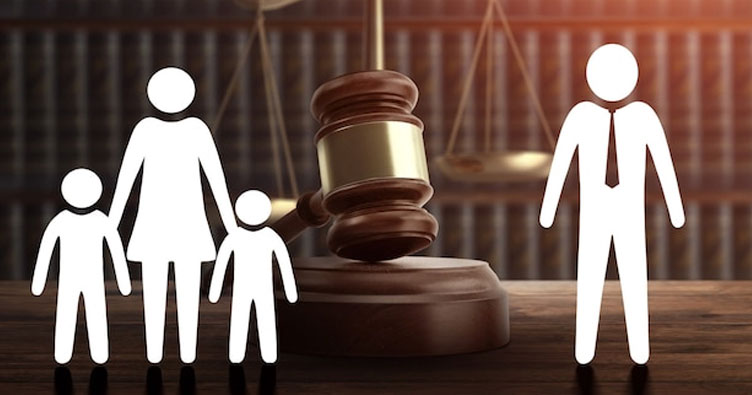I constantly strive to develop and acquire new knowledge, my experience and additional education confirm this.
Termination of parental rights is a serious legal measure that can be applied in cases where parents are unable or unwilling to fulfill their parental responsibilities properly.
Here are some of the grounds on which a decision to terminate parental rights may be made:
1. Child Abuse or Neglect: This includes physical, emotional or sexual abuse of a child, as well as neglect of the child's basic needs such as food, shelter, medical care, etc.
2. Failure to provide adequate care: This may include financial instability, irresponsibility in the performance of parental responsibilities, or other serious circumstances that prevent the child from being adequately cared for and supported.
3. Absence of parenthood: this can occur in the case of a long-term absence of parents in the child's life without any attempts to fulfill parental responsibilities or show interest in it.
4. Parental unfitness: This may refer to cases where the parents have serious mental health problems, drug or alcohol addictions, or other circumstances that make them unable to adequately parent a child.
Termination of parental rights is a measure of last resort used in situations where other measures, such as training, support and supervision, have not helped to resolve the problems arising from parenting.
Grounds for deprivation of parental rights are:
1. Not taking the child from the maternity hospital without a good reason and not showing parental care within six months.This means that if the parents did not remove the child from the maternity hospital or other medical facility after birth without sufficient reason and did not provide the child with the necessary care and attention within six months after the birth, this may be grounds for deprivation of their parental rights.
2. When parents systematically avoid fulfilling their responsibilities for raising a child or do not provide him with the opportunity to receive a full general secondary education, the court may make a decision to deprive them of their parental rights.
3. Child abuse, which includes any physical, emotional or psychological abuse or abuse of a child that may harm the child's physical or mental health.
4. Parents are alcoholics or drug addicts. This can be grounds for termination of parental rights if the parents' addiction affects their ability to properly raise and care for the child.
5. Forcing the child to beg and wander. This includes any kind of commercial use of a child or abuse of child labor.
6. Bringing to criminal responsibility for committing an intentional criminal offense against a child. This means that if a parent is convicted of a crime against a child, this may be grounds for terminating their parental rights.
These grounds are intended to protect the child's rights to safety, health and proper development, as well as to provide him with the proper conditions for a happy and healthy adult life.When making a decision on the deprivation of parental rights, the court has the right and must take into account information about the social support of the family (person), if such support is provided. This means that the court in its decision can take into account whether family social support measures have been taken, which are aimed at solving problems that may be related to the upbringing of the child and family relations.
In addition, if during the consideration of the case on the deprivation of parental rights, the court detects signs of a criminal offense in the actions of the parents or one of them, it has the obligation to inform the relevant pre-trial investigation body about it for further investigation of the case.
After the court's decision on deprivation of parental rights enters into legal force, the court must send it to the state registration body of civil status acts at the place of registration of the child's birth. This is necessary to make appropriate changes to the documents on the birth of the child and establish the legal status of the child in connection with the deprivation of parental rights.





























